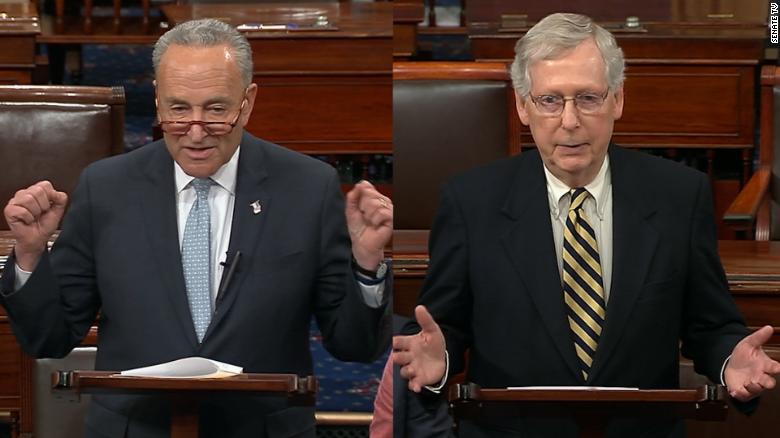FOR IMMEDIATE RELEASE: December 21, 2022
1887 law is unconstitutional, so is its proposed replacement
Washington, D.C. – Legislation to reform the Electoral Count Act of 1887, which is the law governing how Congress counts electoral votes following a presidential election, has been attached to Congress’ lame-duck spending bill. In September, the proposed ECA reform was amended in a Senate committee to include provisions desired by Democrat campaign lawyer Mark Elias.
Importantly, Elias’ changes override the rights granted to states by the Constitution (via the Electoral College) to have the final say over who is elected president, with overrides from both the federal government (e.g., dictating who in a state has to certify an election) and by finalizing judicial supremacy in this process.
National Chairman of the Election Transparency Initiative and former Virginia Attorney General Ken Cuccinelli issued the following statement:
“For the last two years, Republicans have rejected Democrat attempts to override and rig state election laws for partisan gain, but now Republicans in the Senate appear willing to let the Democrats’ latest attempt slide. The legislation is fundamentally flawed because the Constitution explicitly makes clear that states determine the outcome of presidential elections, unfortunately, this latest re-write strips states and their duly elected officials of their rights in an act of unprecedented judicial supremacy.
“It’s unfortunate that Republicans didn’t confront this scheme in committee. We applaud Sen. Cruz for standing behind free and fair elections with his opposition to the amended bill. We urge lawmakers to preserve the rights of states to certify their own electors and to reject Democrats’ attempt to buoy their failed federal takeover to elections.”
The managers’ amendment, with Elias’ desired changes, stipulates that a governor’s certification is not conclusive and can be overridden by changes made by a court, stating “Any certificate of ascertainment of appointment of electors required to be issued or revised by any State or Federal judicial relief granted prior to the date of the meeting of electors shall replace and supersede any other certificates submitted pursuant to this section.”
The amendment also does the following:
- Clarifies that a court can compel a governor to certify the court’s chosen electors. The bill, as originally introduced, did not specify that revisions required by a court would be conclusive.
- Clarifies that the expedited judicial review process (for cases brought by a candidate for President) does not preempt other election cases that have been brought by candidates or voters.
- Clarifies that the Supreme Court can grant or deny review. The bill, as introduced, said the case should be heard by the Supreme Court, but the managers amendment adds a writ of certiorari sentence.
- Requires governors to immediately transmit certificates of electors to the Archivist. The bill, as introduced, did not contain the word “immediately.”
The Election Transparency Initiative, a partnership between the American Principles Project (APP) and Susan B. Anthony (SBA) Pro-Life America was organized to combat federal H.R. 1 and H.R. 4 legislation and advocate for state-based election reforms that voters can trust.
###

